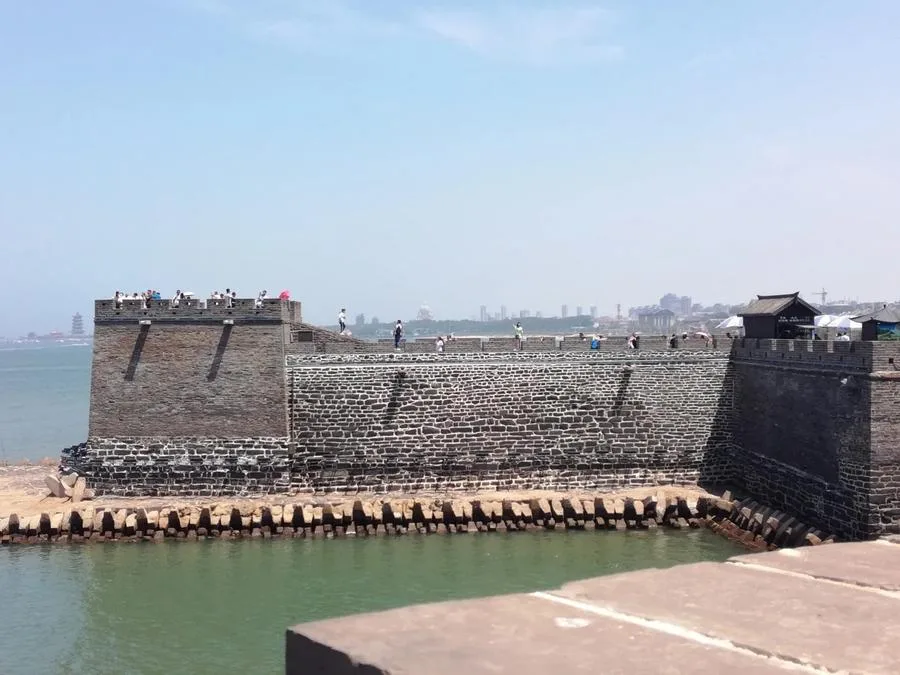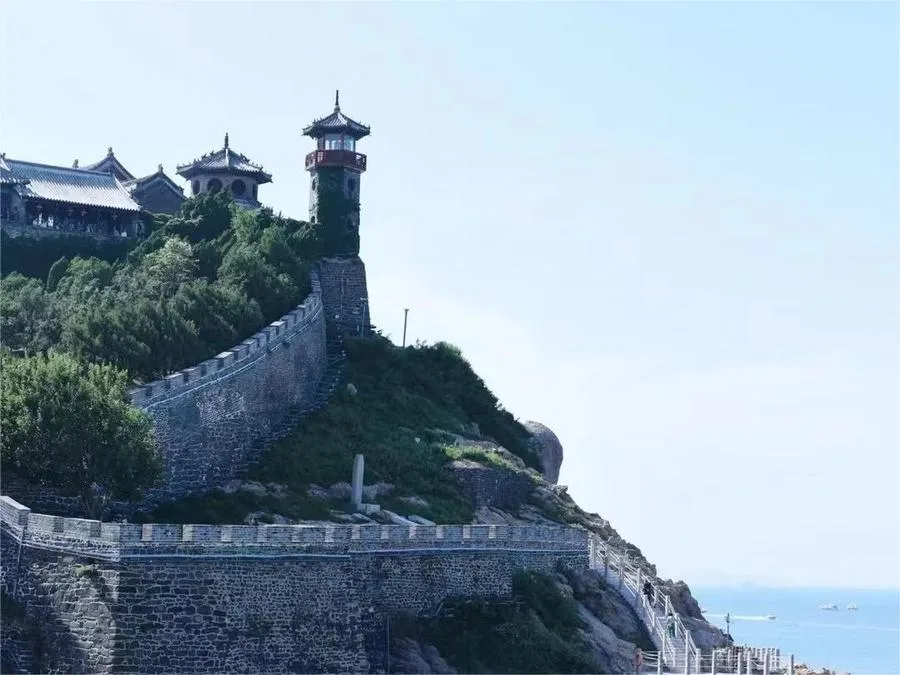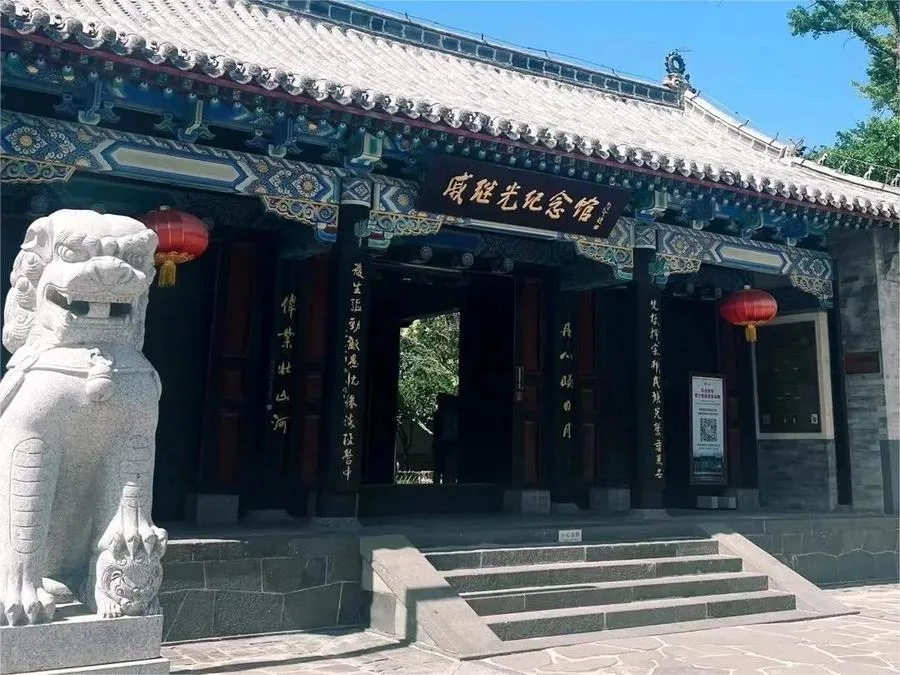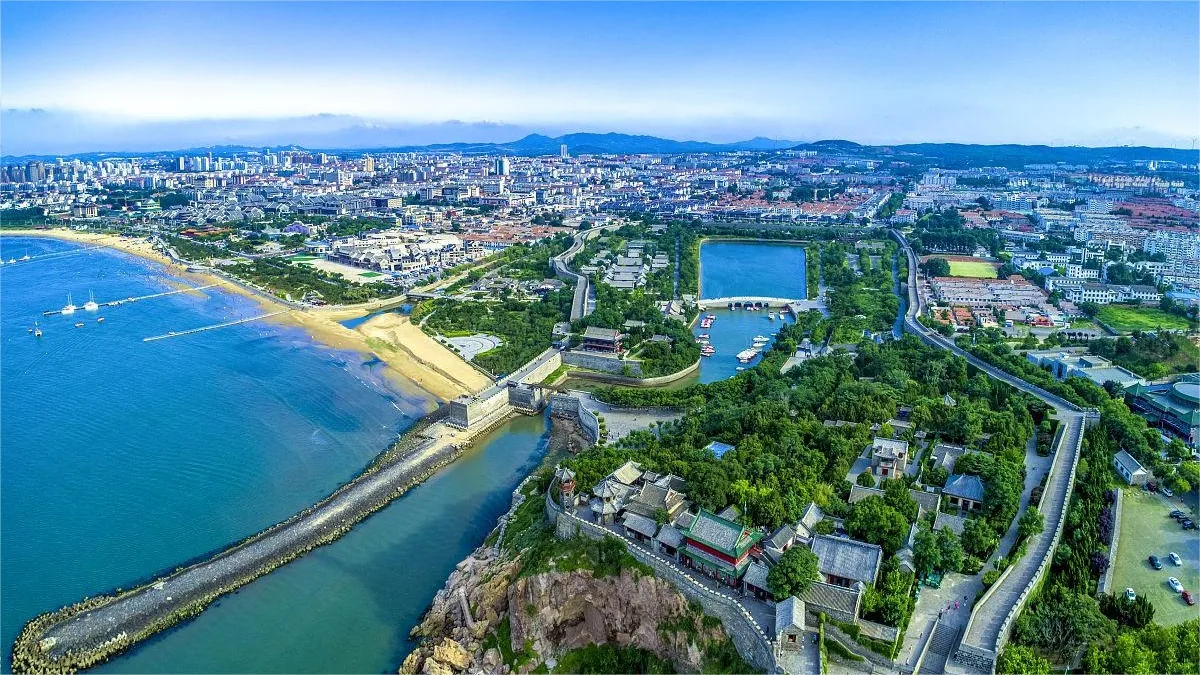Penglai Water City (蓬莱水城), with a history tracing back to the Song Dynasty, stands as one of the most well-preserved ancient naval bases in China. Initially established as Daoyuzhai in 1042 during the Song Dynasty for mooring warships, the site was further developed into a full-fledged water city in the ninth year of the Hongwu reign (1376) during the Ming Dynasty. Covering an area of 270,000 square meters, the city is irregularly rectangular, broad at the south and narrow at the north, strategically positioned with the mountains at its back and the sea in front, creating a naturally fortified harbor. Its various maritime and defense structures, including water gates, breakwaters, wave platforms, docks, lighthouses, city walls, watchtowers, artillery batteries, and moats, remain intact, showcasing the architectural ingenuity of the time.
Table of Contents
- Basic Information
- Location and Transportation
- Highlights of Penglai Water City
- Vlog about Penglai Water City
- Attractions near Penglai Water City
Basic Information
| Estimated Length of Tour | 1 hour |
| Ticket Price | Included in the price for Penglai Pavilion |
| Opening Hours | 7.30 – 17.00 |
| Telephone Number | 0086-0535-5621111 |
Location and Transportation
Penglai Water City is located within the Penglai Pavilion Scenic Area at 59 Yingbin Road, Penglai City, Yantai, Shandong Province. To get there, you can take bus Penglai 2, Penglai 3, Penglai 4, Penglai 5, Penglai 6, Penglai 7, Penglai 8, Penglai 9, or Penglai 10 and get off at Penglai Pavilion West Stop (蓬莱阁西站).
Highlights of Penglai Water City
Structure and Layout

The Water City is constructed using a mixture of earth and stone, with a perimeter of approximately 2,200 meters. It has two main gates: the south gate, which connects to the land route, and the north gate, which opens to the sea. At the center of the Water City lies the “Little Sea,” an elongated body of water measuring 655 meters from north to south, dividing the city into eastern and western sections. This central feature occupies half of the city’s water surface and served as the primary area for anchoring ships and training naval forces. During its peak in the Ming Dynasty, the shores of the “Little Sea” were lined with pavilions, filled with music and celebrations that lasted throughout the night, reflecting the city’s bustling and vibrant atmosphere.
Historical Significance

Penglai Water City played a crucial role in China’s naval defense. The famous military general Qi Jiguang trained his navy here to combat Japanese pirates. In the Tianqi period of the Ming Dynasty, under the command of Yuan Keli, the naval forces stationed at Penglai Water City reached their zenith, equipped with advanced cannons. Yuan Keli’s administration saw the establishment of beacon towers on mountain tops for surveillance, organized agricultural and military camps, and a flourishing maritime trade and defense environment. The sight of numerous commercial ships and warships anchored close to the shore epitomized the city’s strategic importance and prosperity.
Present Day Experience

Today, visitors to Penglai Water City can explore its historical grandeur and experience its rich cultural heritage. One can take a carriage ride around the “Little Sea” to appreciate the historical layout and scenic beauty of the area. Additionally, in front of the Anti-Japanese Headquarters, visitors can witness performances that reenact the military drills and martial arts of Qi Jiguang’s troops, providing a glimpse into the rigorous training and valor of the Ming Dynasty’s navy.





